'If nature could speak, would you listen?'

How can we balance between the energy transition and protecting the environment? That question took centre stage at the WOS event last week, where Milan Meyberg and Jessica den Outer discussed the Anthropocene, the Rights of Nature and artificial intelligence. The event was held to mark the one-year anniversary of the Wubbo Ockels School for Energy and Climate.
The event kicked off with a special introduction in DOT Groningen's film room. In the dome cinema, guests were shown a short video, with the scene slowly rising from Earth to space. It illustrated how Wubbo Ockels, the School's namesake, once looked at the earth as an astronaut. From space, he saw how vulnerable the earth really is. Since then, his motto was: 'We are all astronauts on spaceship Earth'.
After the introductory film, Lorenzo Squintani, scientific director of the Wubbo Ockels School, referred to these words of the namesake. To protect 'spaceship Earth', the transition to sustainable energy is crucial. For the Netherlands, the North Sea is a vital area to realise the energy transition, Squintani pointed out. In this sea, for instance, large wind farms will have to be built in the coming decades. At the same time, the area consists of vulnerable and unique nature, such as the Wadden Sea. How do we balance between the energy transition and the protection of nature, the scientific director wondered.
Anthropocene
This question led to the main theme of the event marking the one-year anniversary of the Wubbo Ockels School for Energy and Climate. Two experts addressed the Rights of Nature in engaging talks. According to the first speaker, environmental lawyer Jessica den Outer, we as humanity are now in the Anthropocene, an era of our own making. It is an epoch in which humans are the main power affecting the earth, Den Outer argued. According to her, humans are now completely disconnected from nature. Even our present laws, in which nature has hardly any rights, reflect the era.
Yet there is also a counter-movement, Den Outer explained. In this ecocentric worldview, the focus is not on humans but on the entire ecosystem. According to the 'Rights of Nature' movement, trees, seas and rivers need legal rights similar to those of persons. 'Some may see it as a romantic idea, but not so long ago women were not allowed to vote. Rights of Nature is the next step in legal emancipation.'
The movement started in South America, Den Outer pointed out. Indigenous people on this continent have lived in harmony with nature for thousands of years. Based on this spirit, the rights of Pachamama, Mother Earth, were established in Ecuador's constitution in 2020. Any inhabitant can advocate for nature in court. A similar movement can also be seen in New Zealand, where in 2017 the Whanganui River became the first river in the world to be recognised as a legal entity, with rights as well as duties.
Artificial intelligence
Giving nature a voice requires so-called 'guardians'. Until now, this role has been reserved for humans, but artificial intelligence could revolutionise this. Such was the premise of sustainability strategist and the second keynote speaker Milan Meyberg. He developed a hologram based on artificial intelligence. With this, he wants to give oceans, forests and other natural entities a face and a voice. Filled with passion, Meyberg talked about his idea. 'Nature is unable to speak up for its own protection, but what if it could?'
Meyberg asked artificial intelligence to give the ocean a face and voice. He showed the result, GAIA-botnet, at DOT Groningen. The audience witnessed a woman with a science fiction-like voice in an underwater setting, acting as a 'guardian' answering questions about the ocean's rights. The AI bot holds all possible knowledge about oceans and uses it to give a voice to ecosystems. In this way, nature can actually join the conversation about its own future. Meyberg addressed the audience at the end of his talk: 'If nature had a seat at your company or organisation, would you be willing to listen?'
After an interactive breakout session on the themes and activities of the Wubbo Ockels School, Peter Bootsma, the Green Mayor of Groningen, closed the day. He stressed that the Rights of Nature must also have to go through Dutch Parliament, which may not secure a majority. Bootsma therefore argued for an intermediate form, in which different sectors - from citizens to companies - reach solutions together, to counter the political ‘short-sighted opportunism’.
The WOS event 'Empowering Nature in the Global Energy Transition' took place on 28 March. The event marked the one-year anniversary of the Wubbo Ockels School for Energy and Climate. Want to read more about the School? Please take a look at the booklet WOS Annual Review 2023 and the WOS Annual Report 2023 .
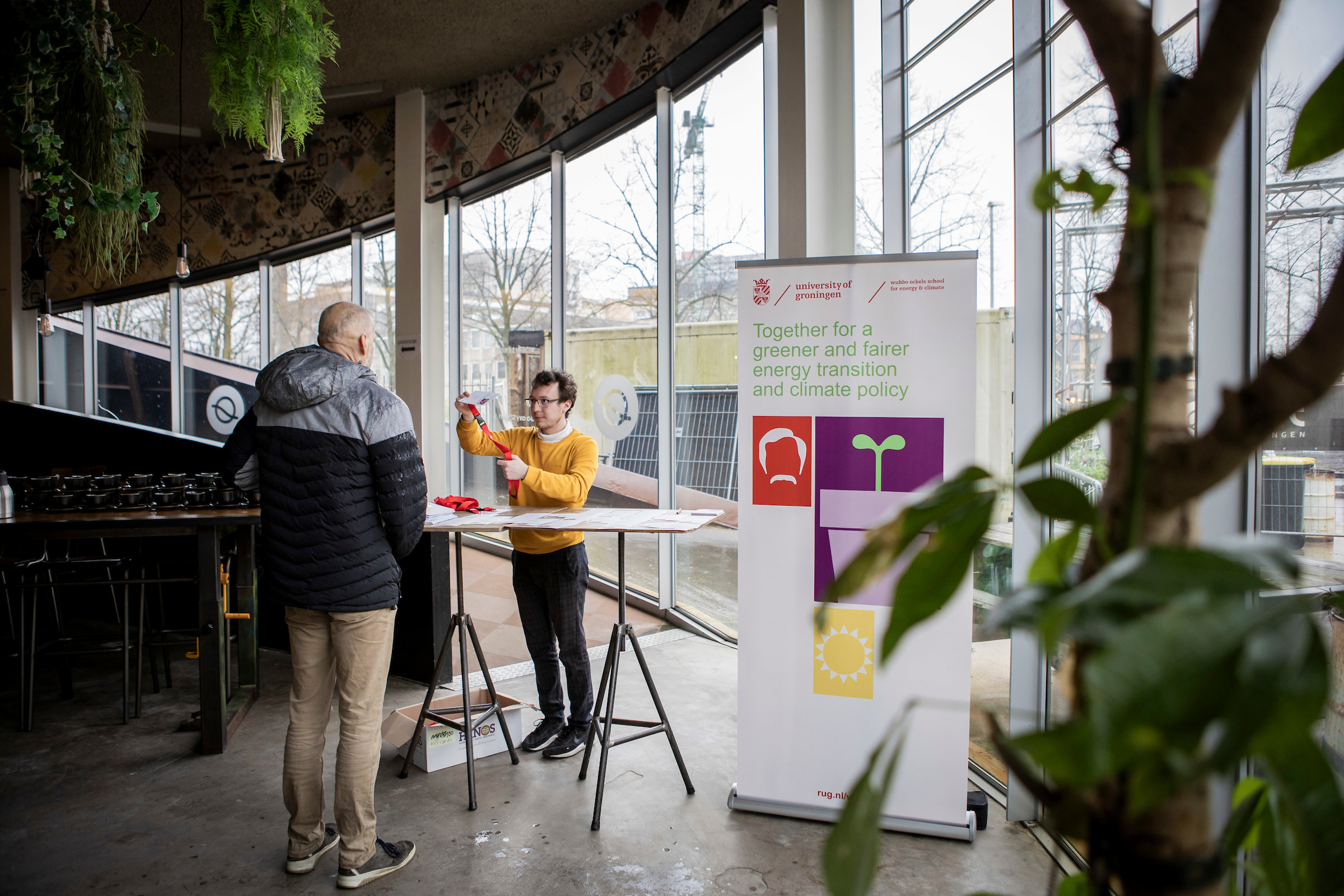
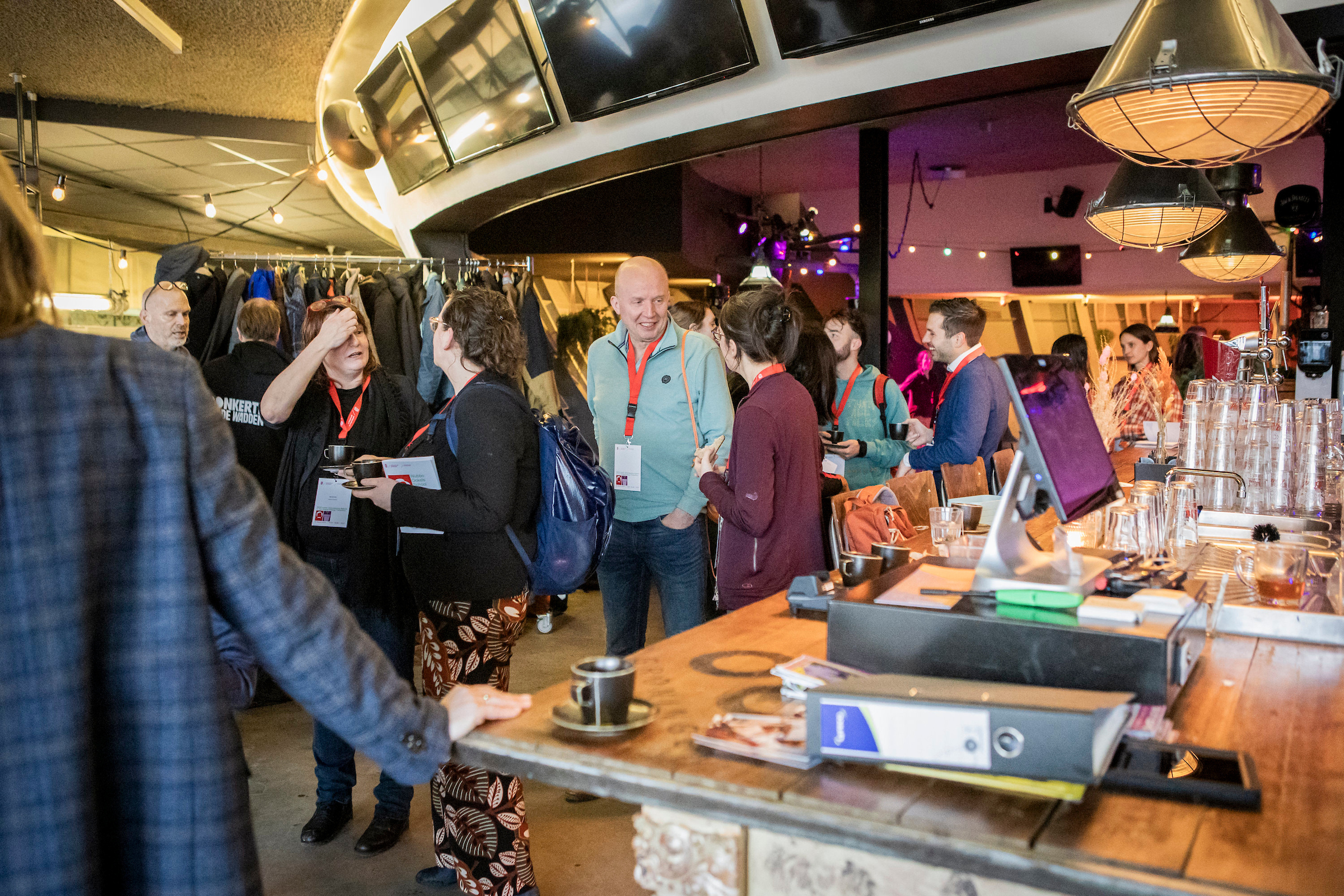
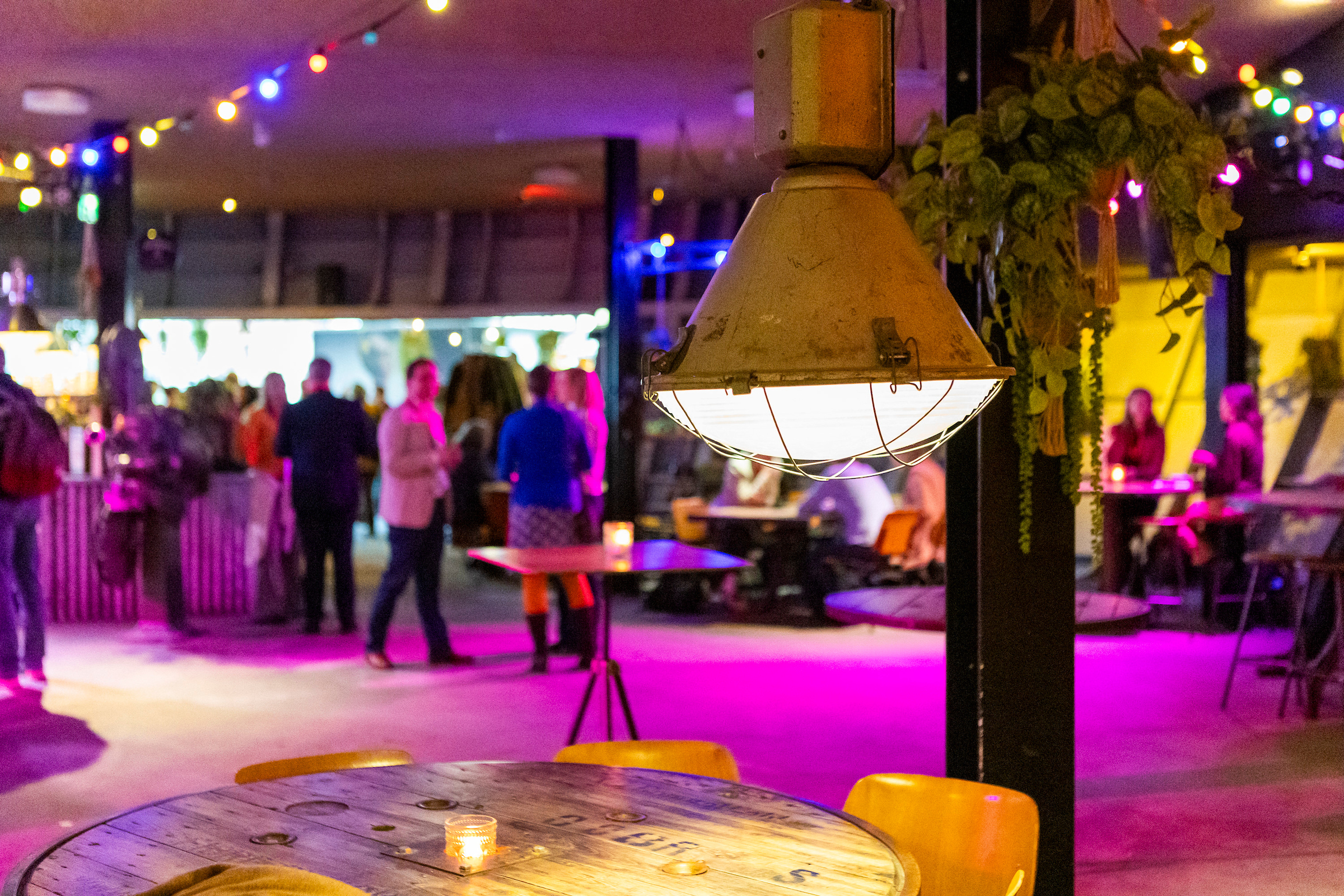
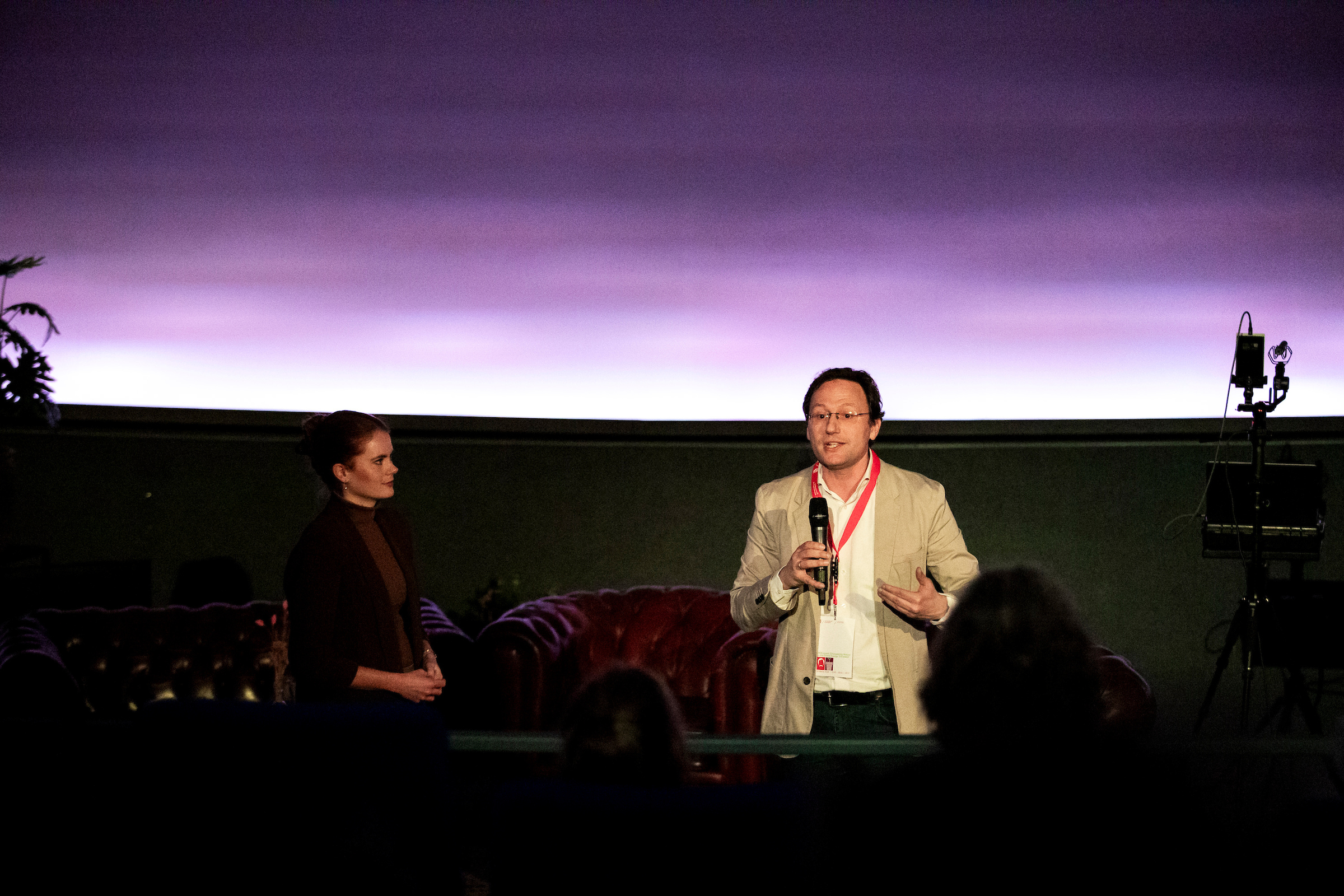
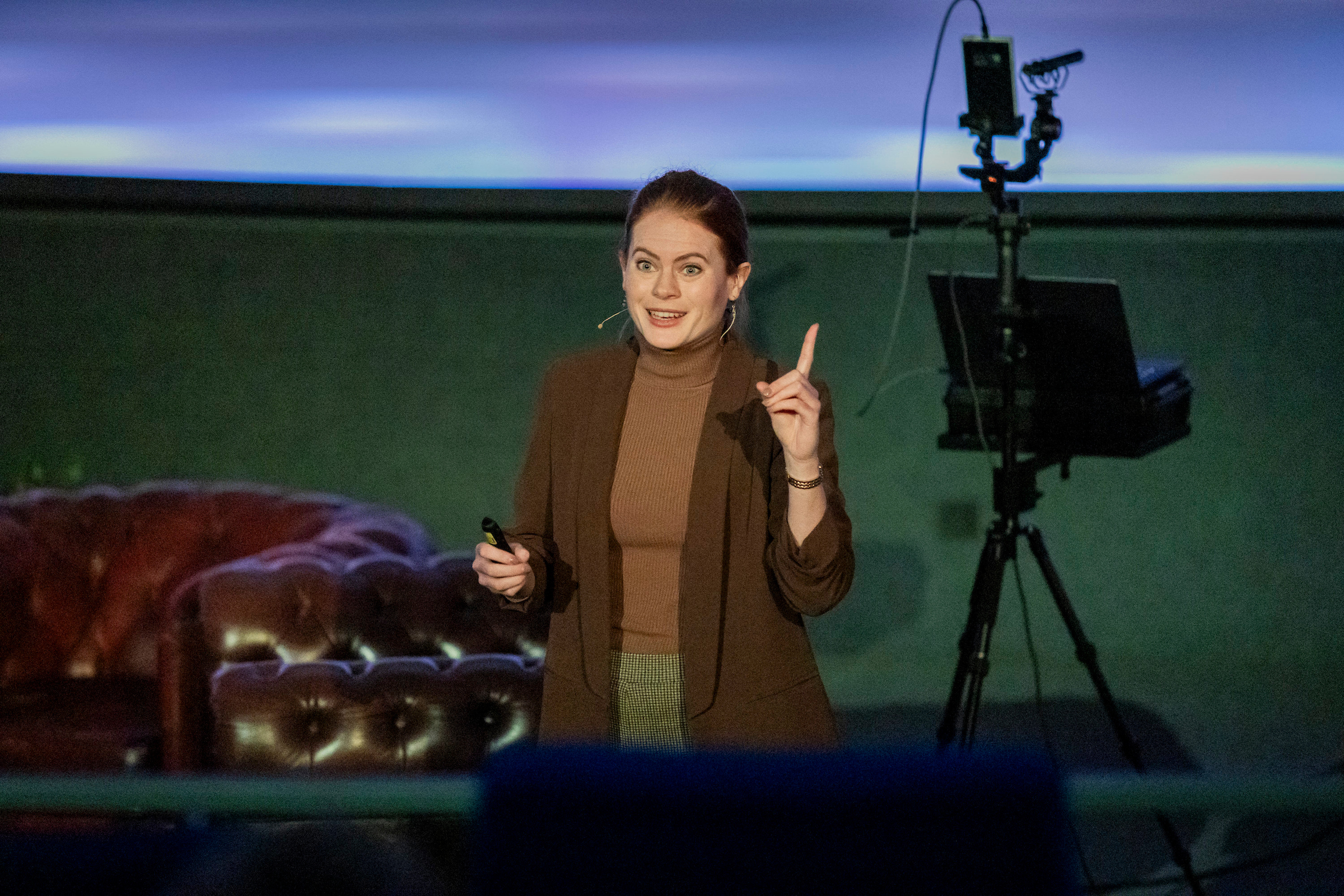
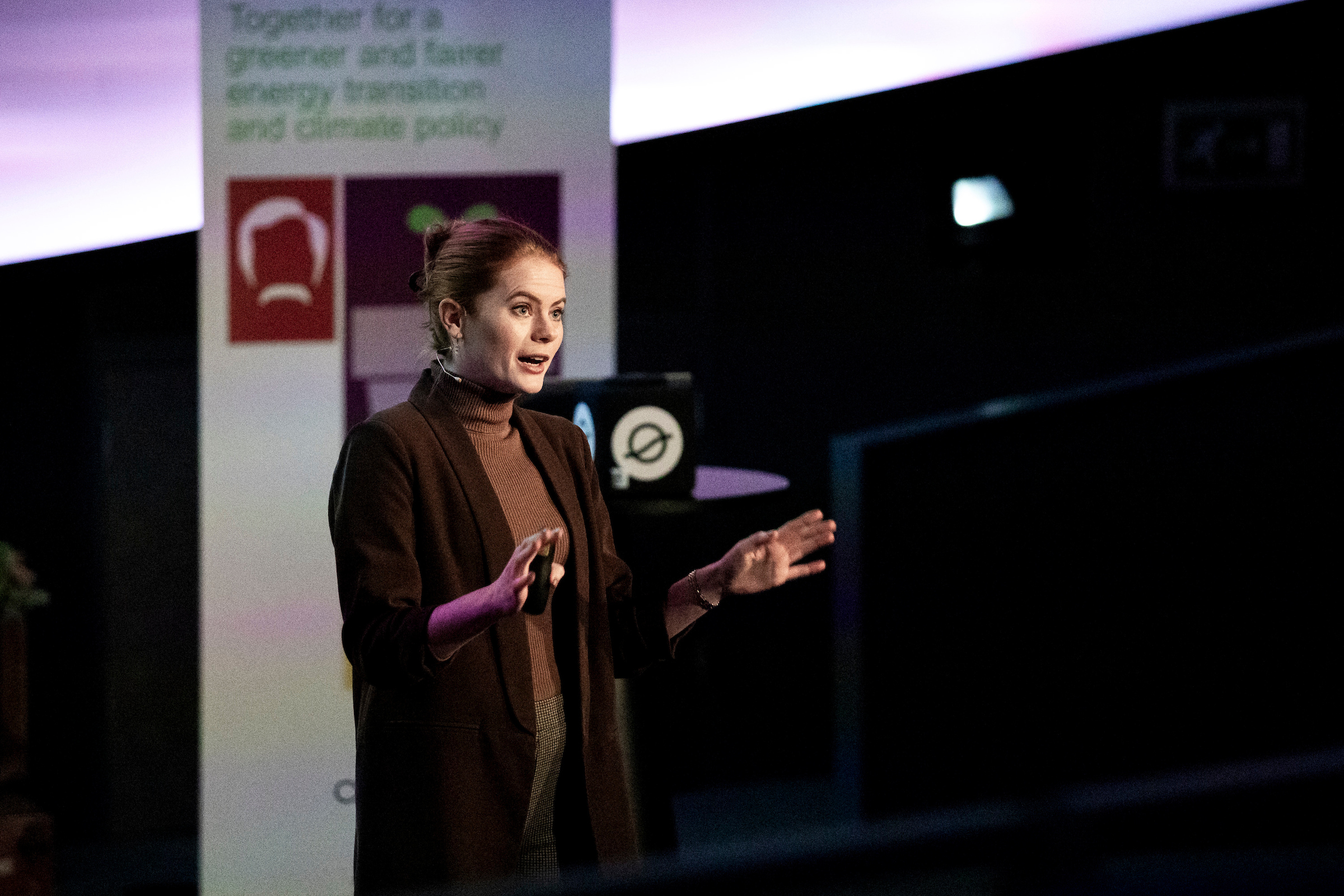
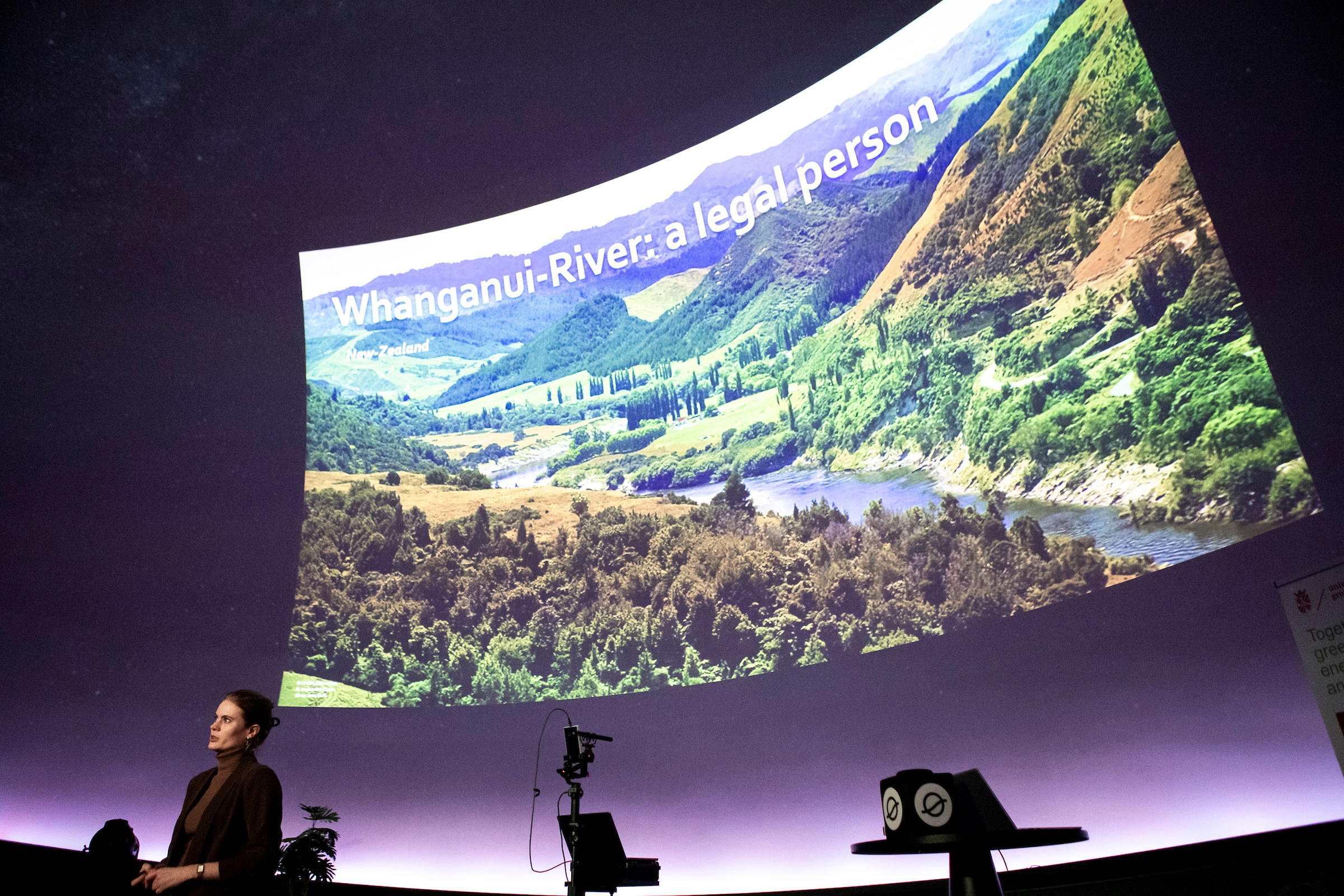
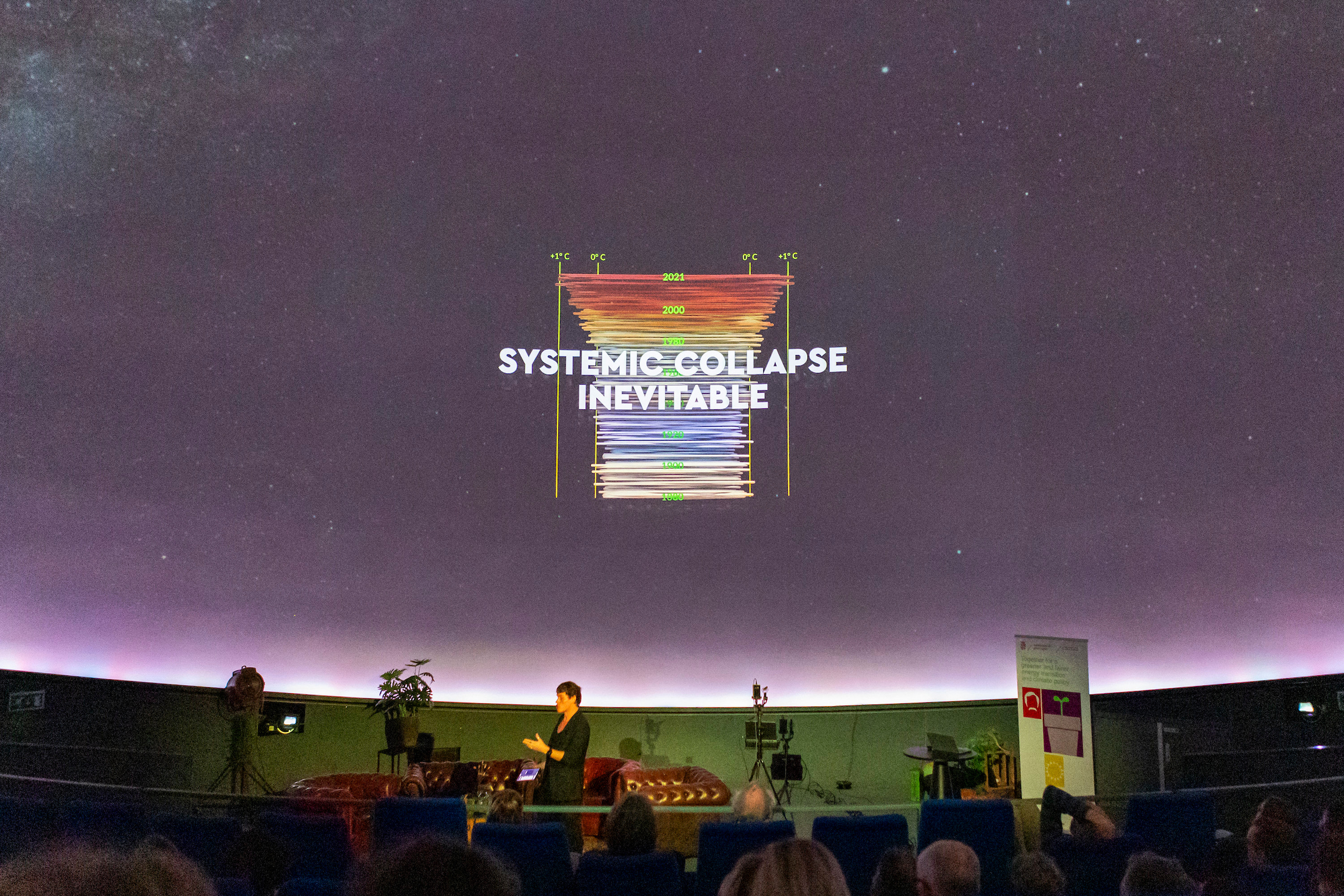
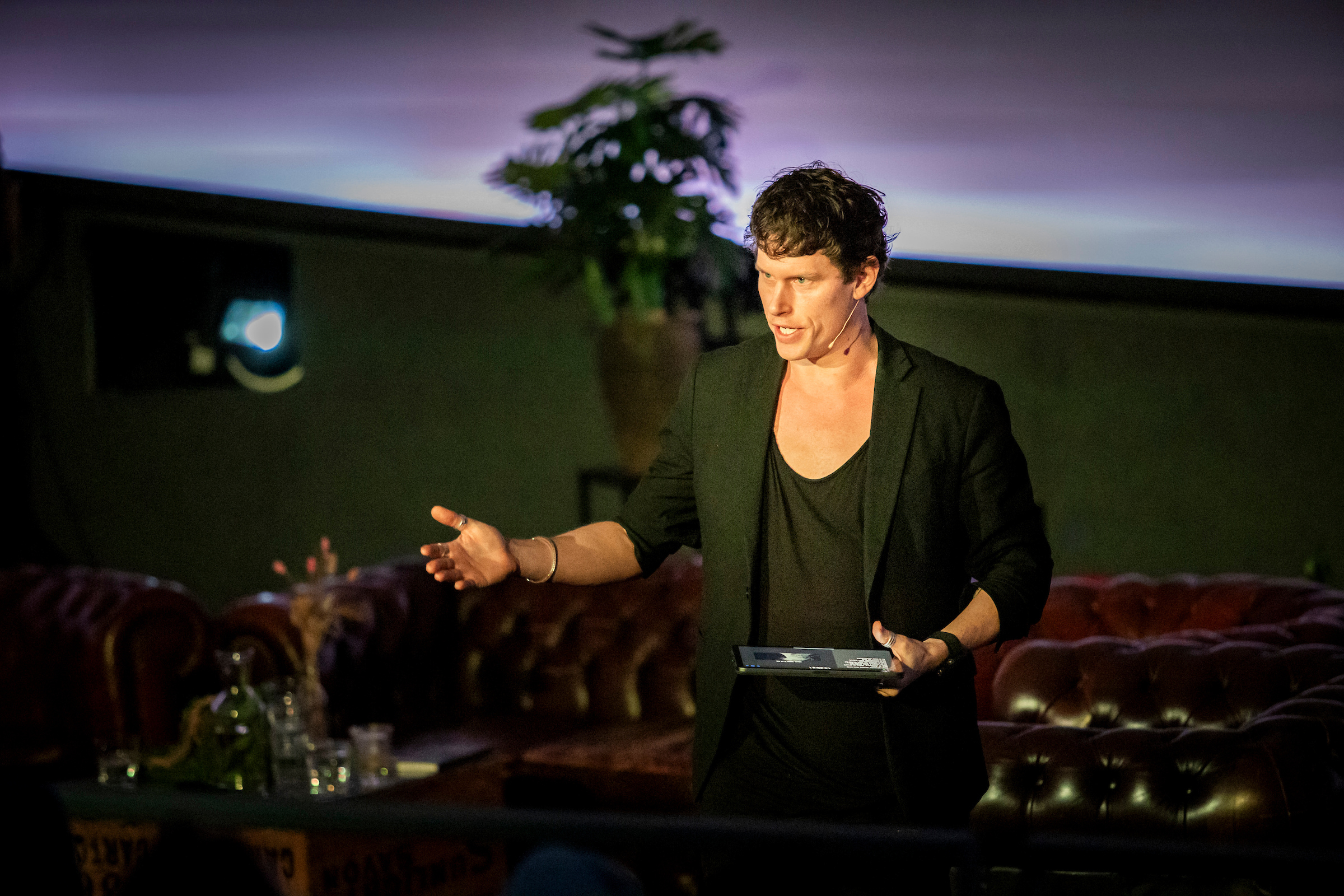
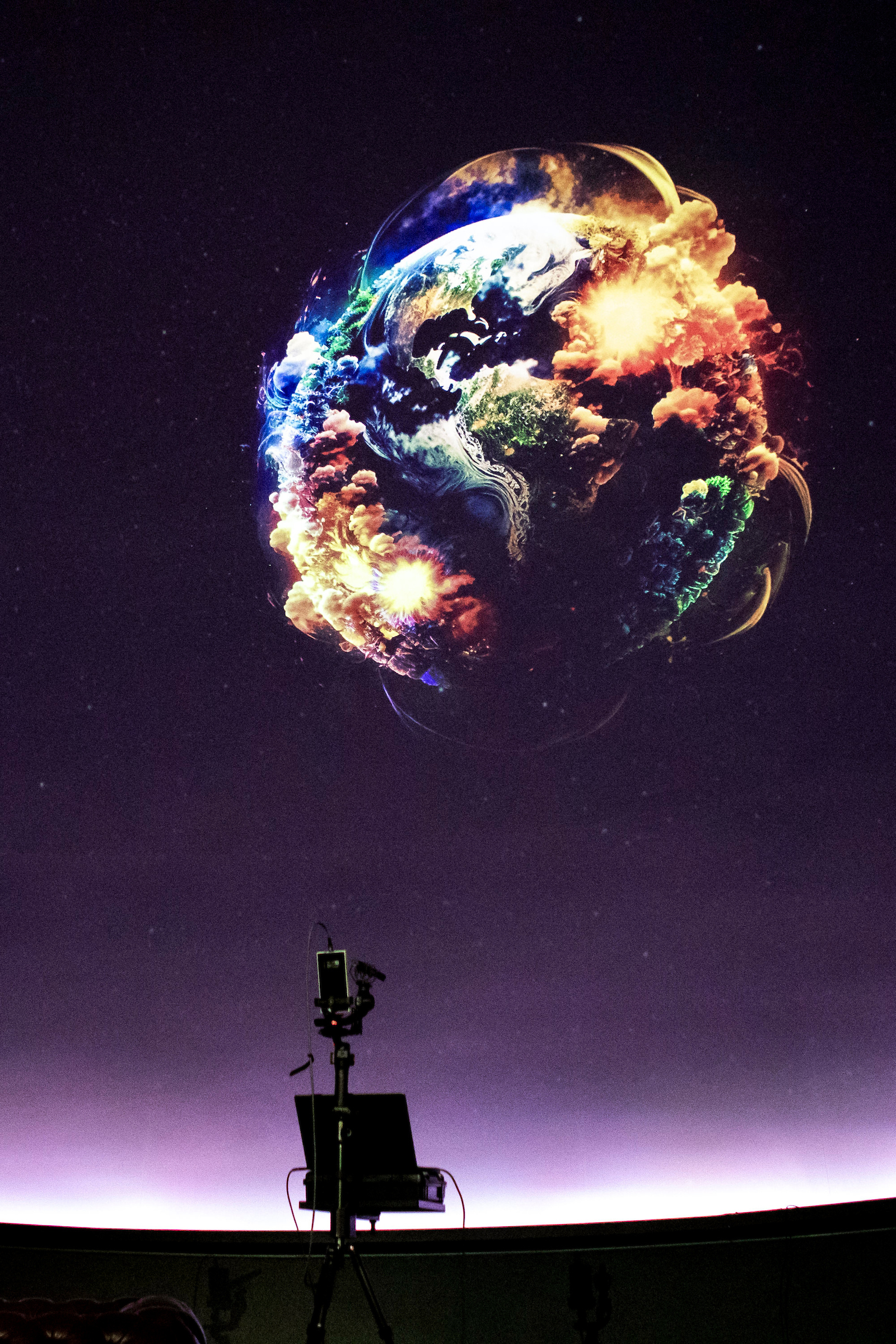
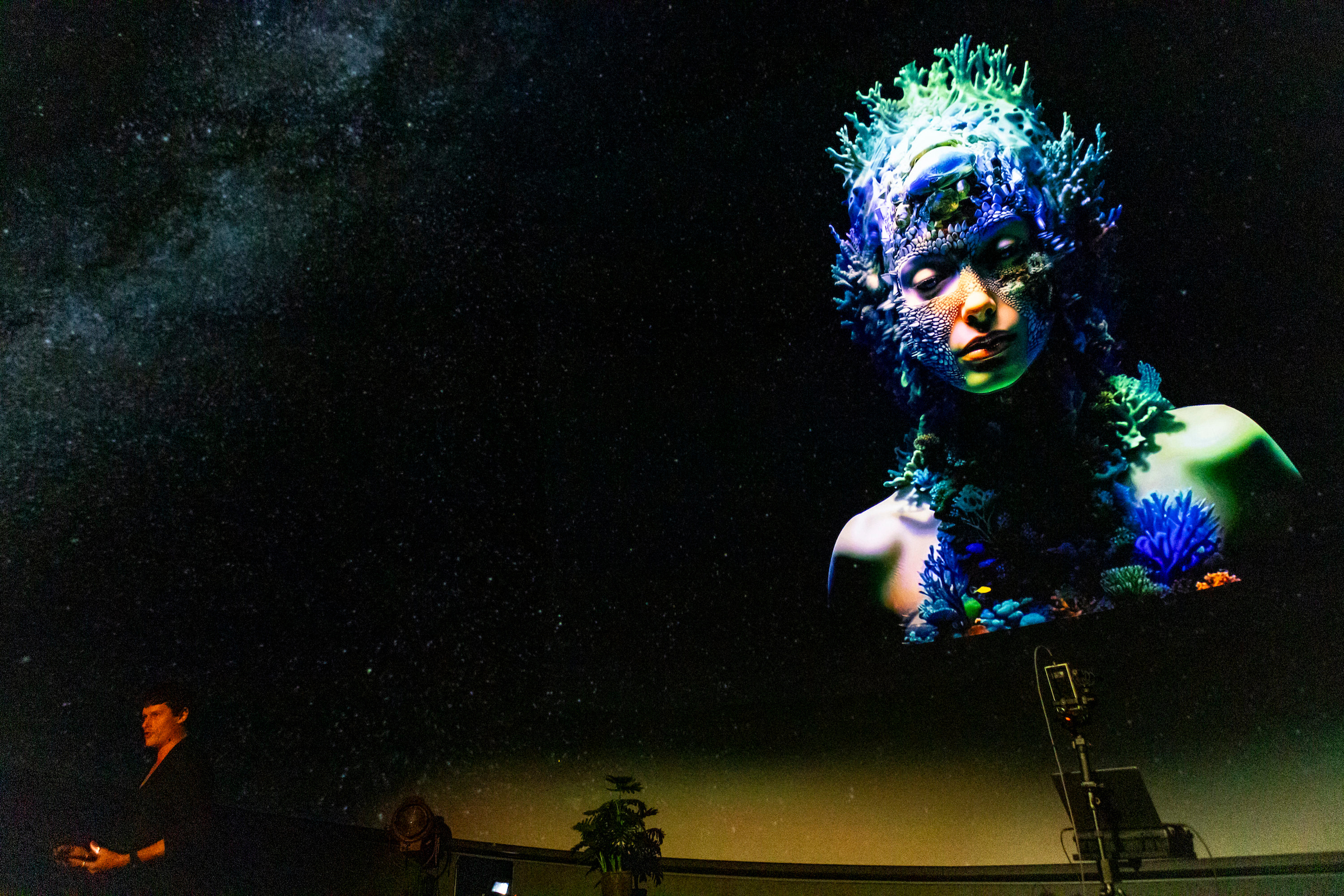
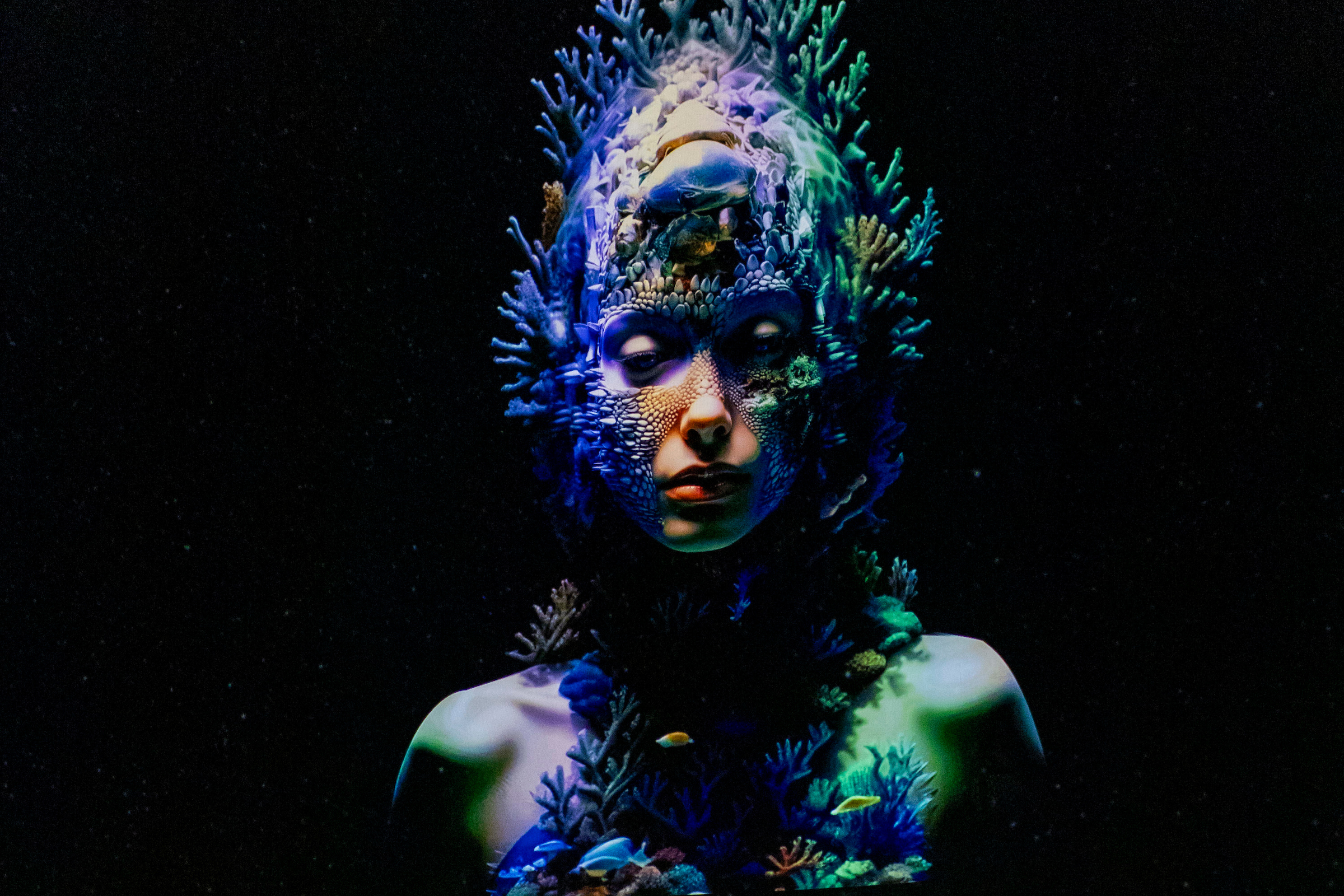
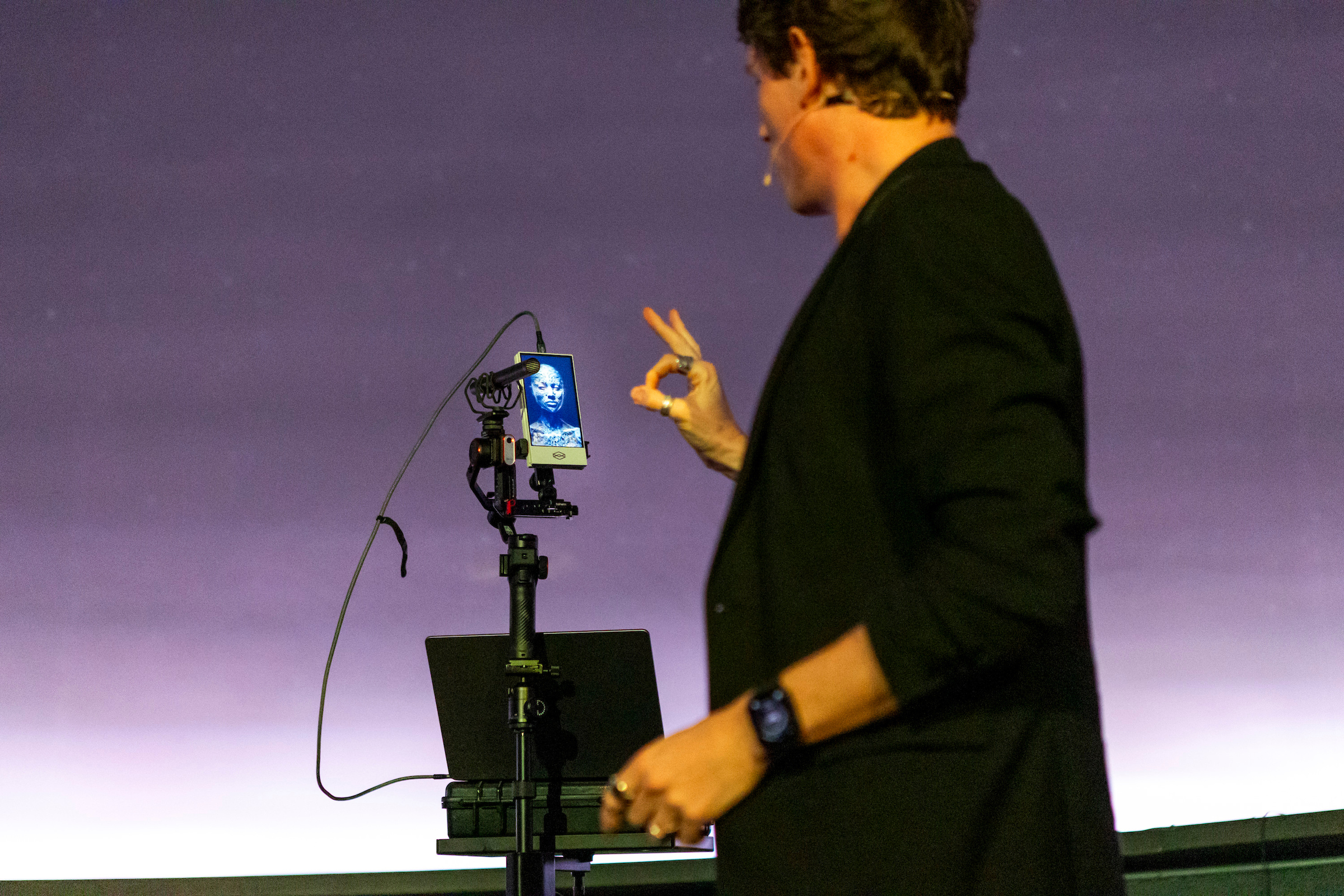
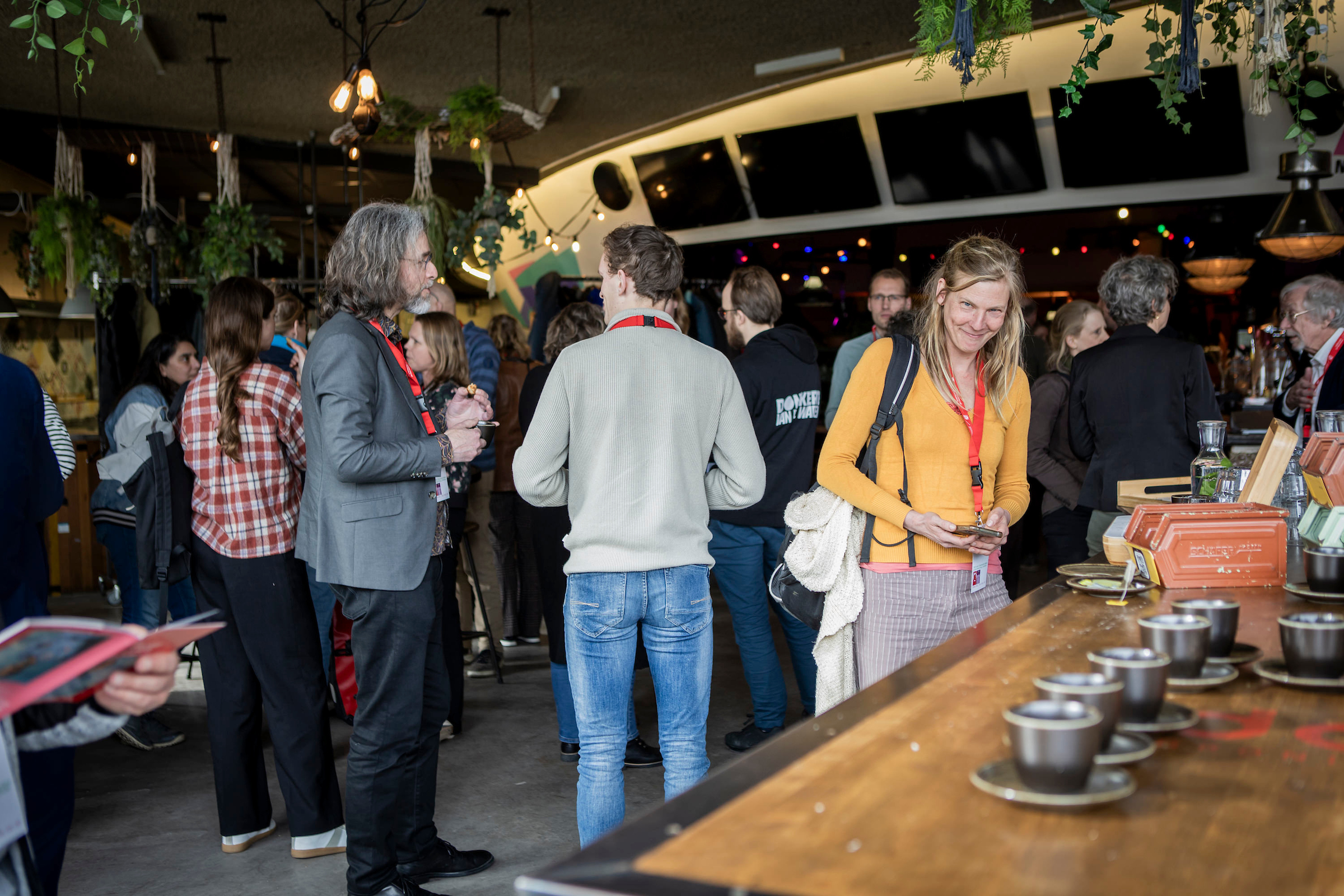
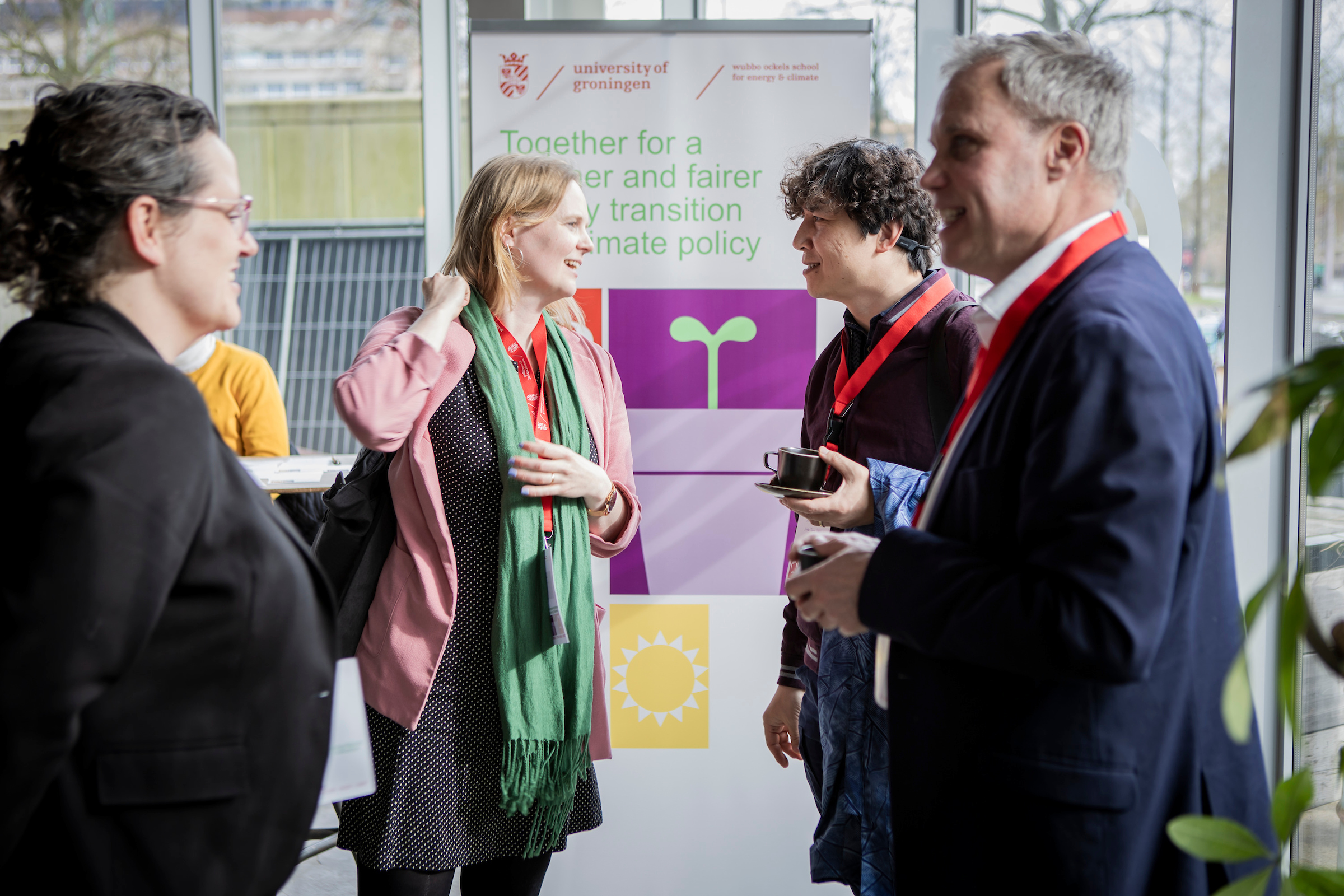
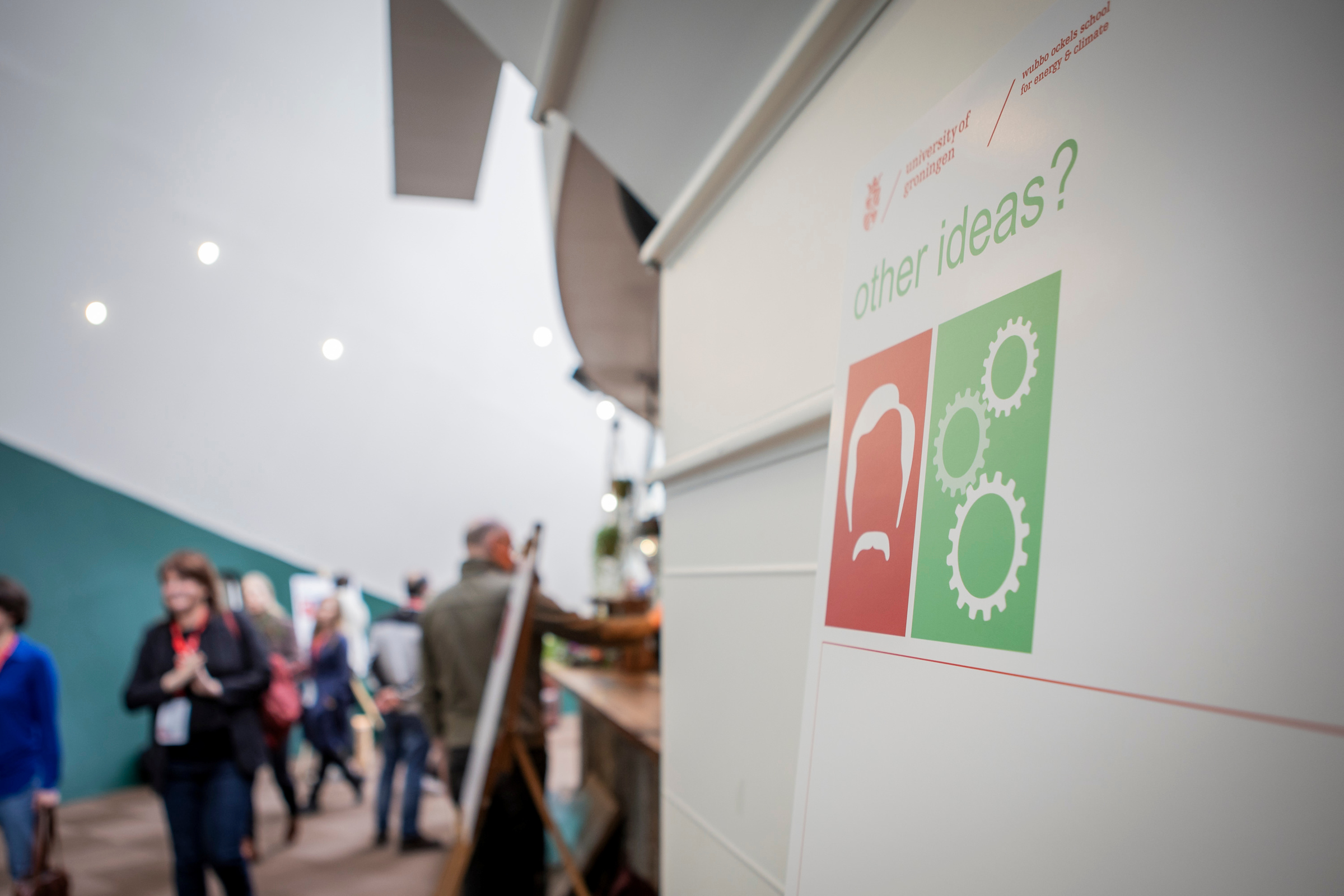
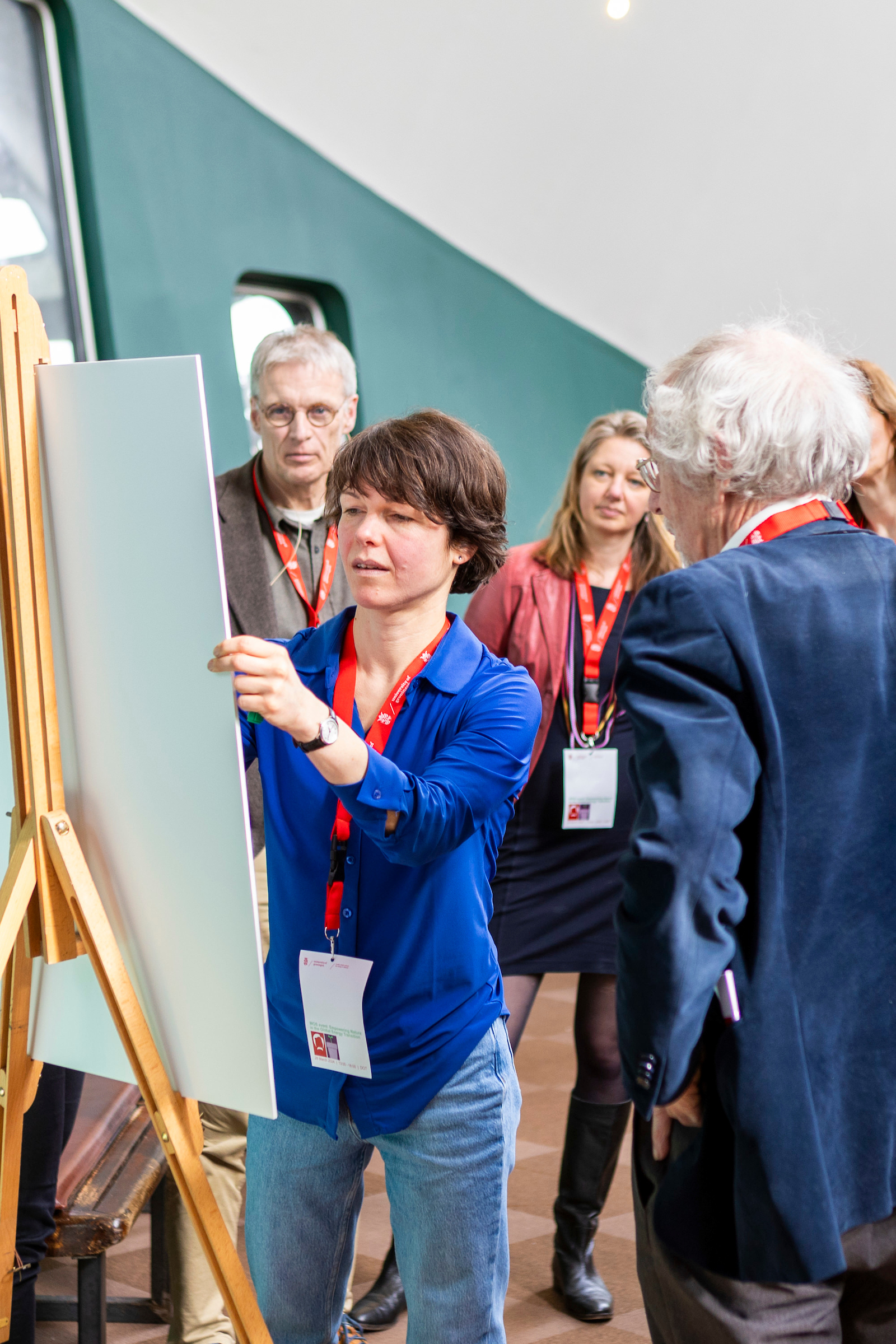
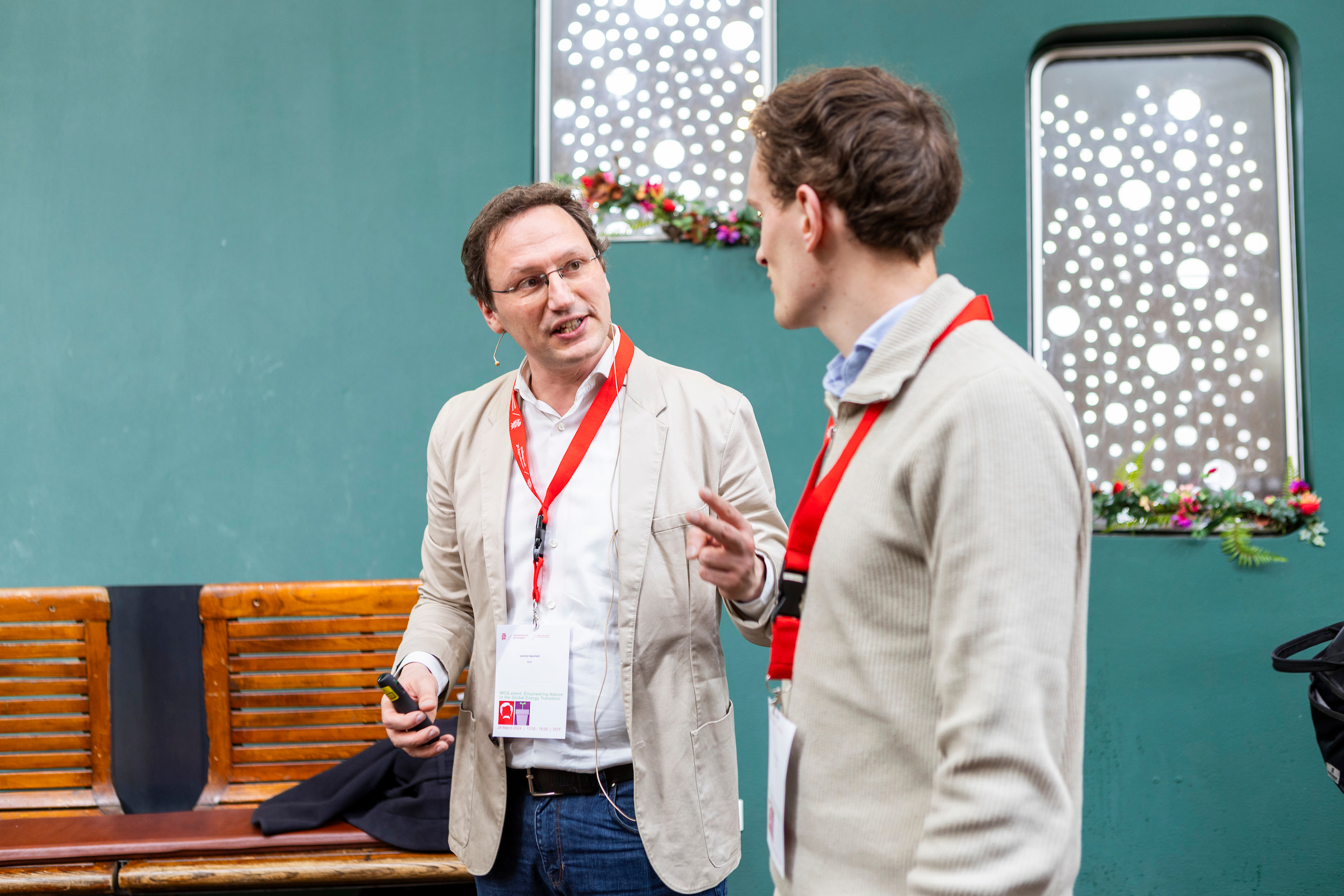
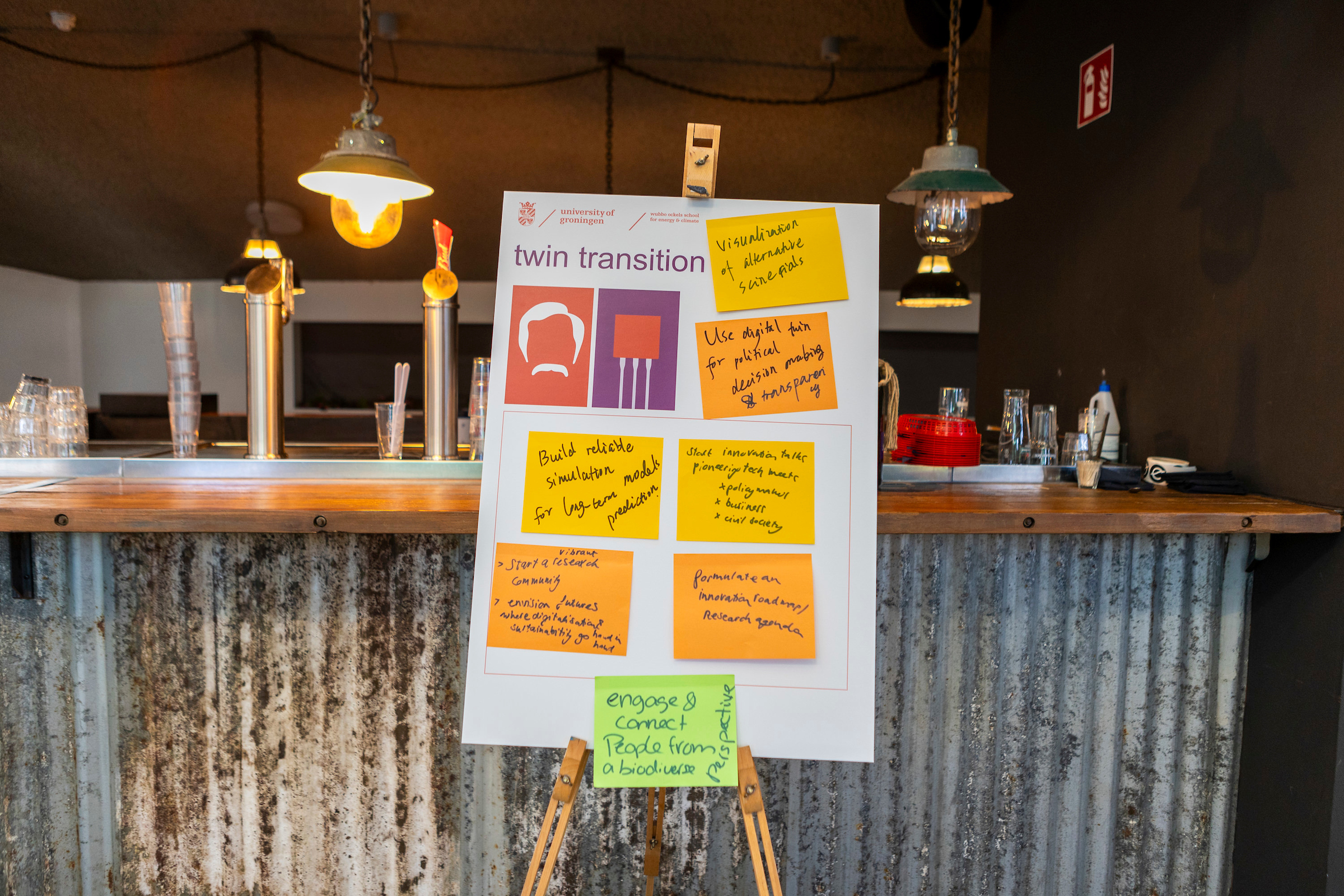
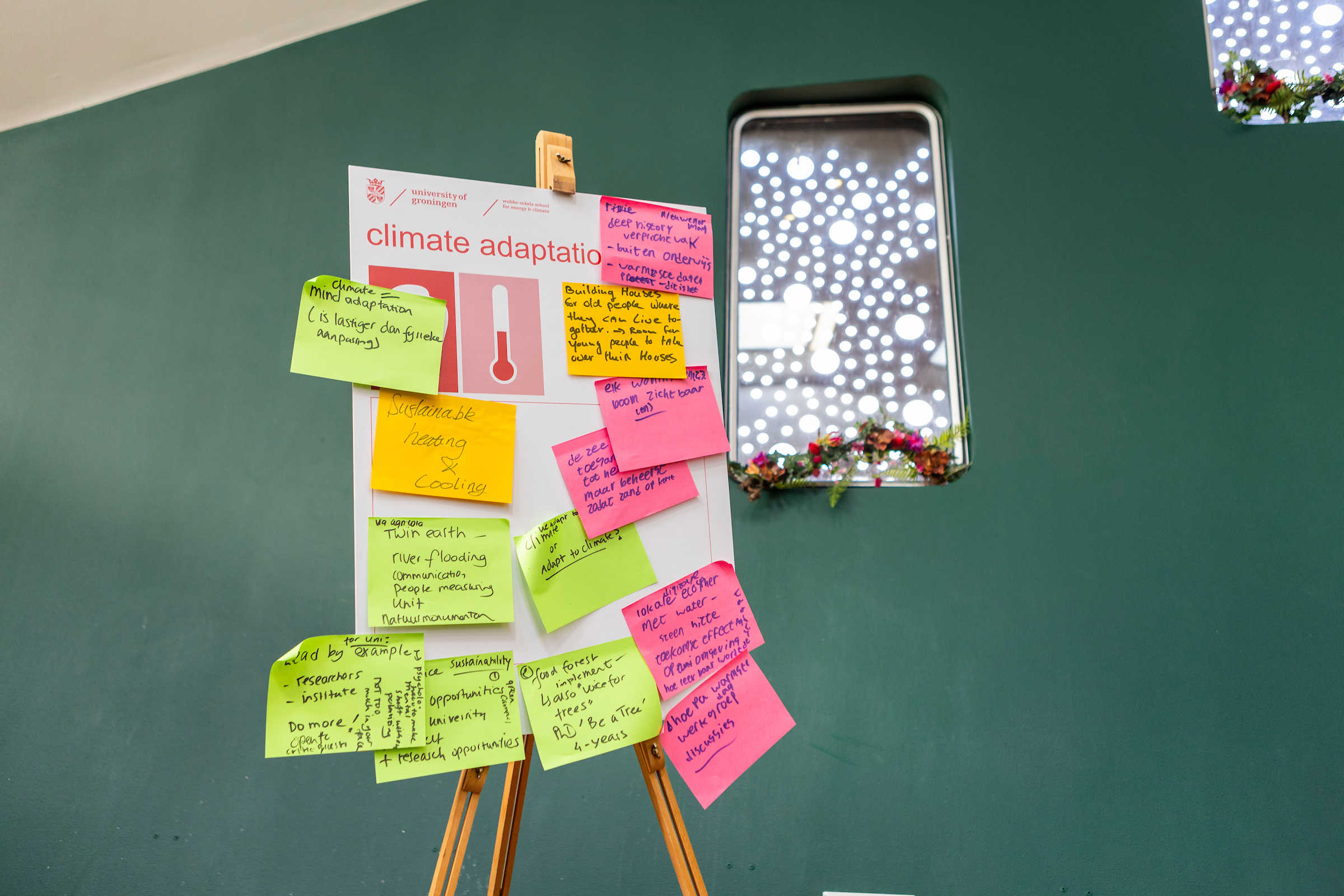
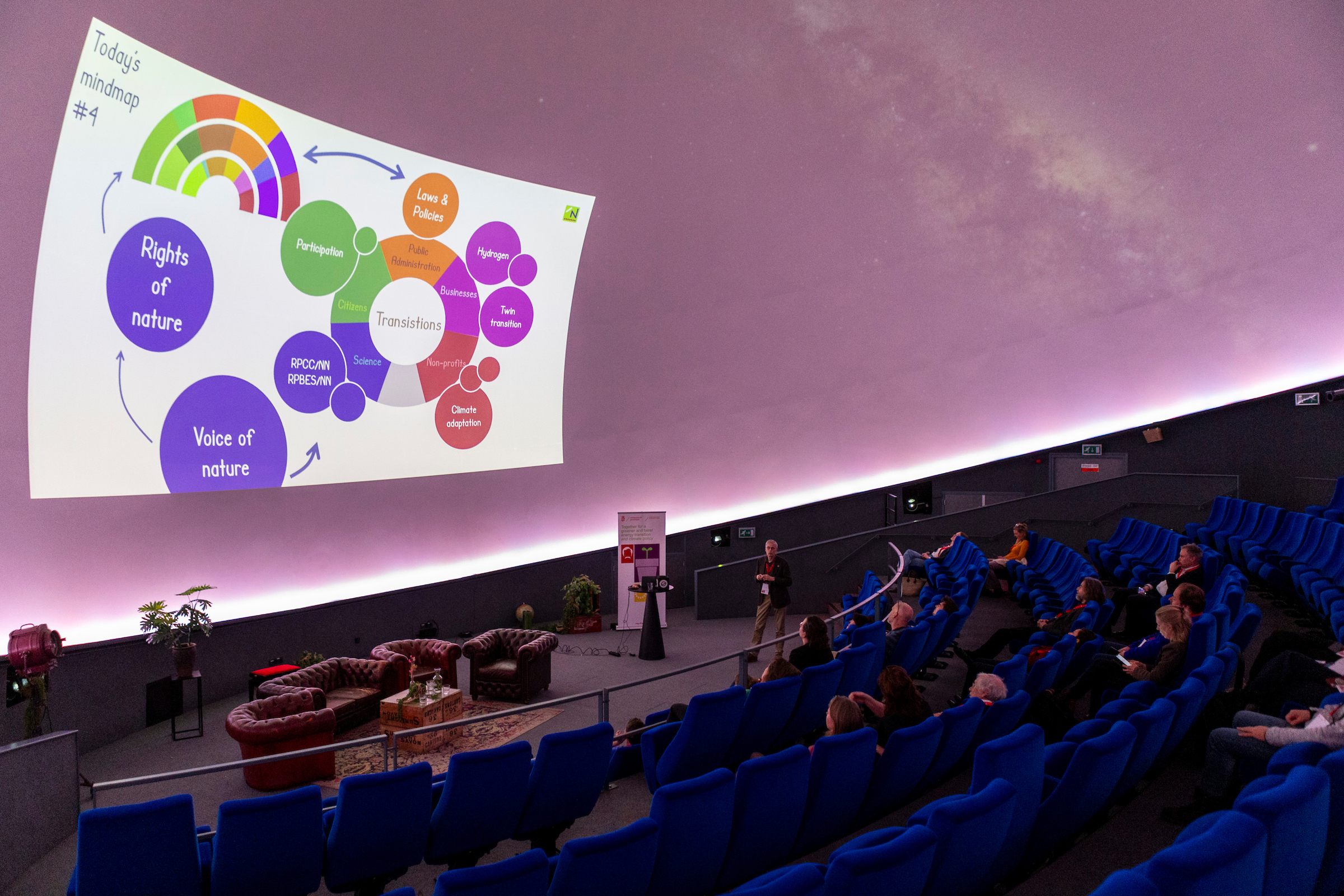
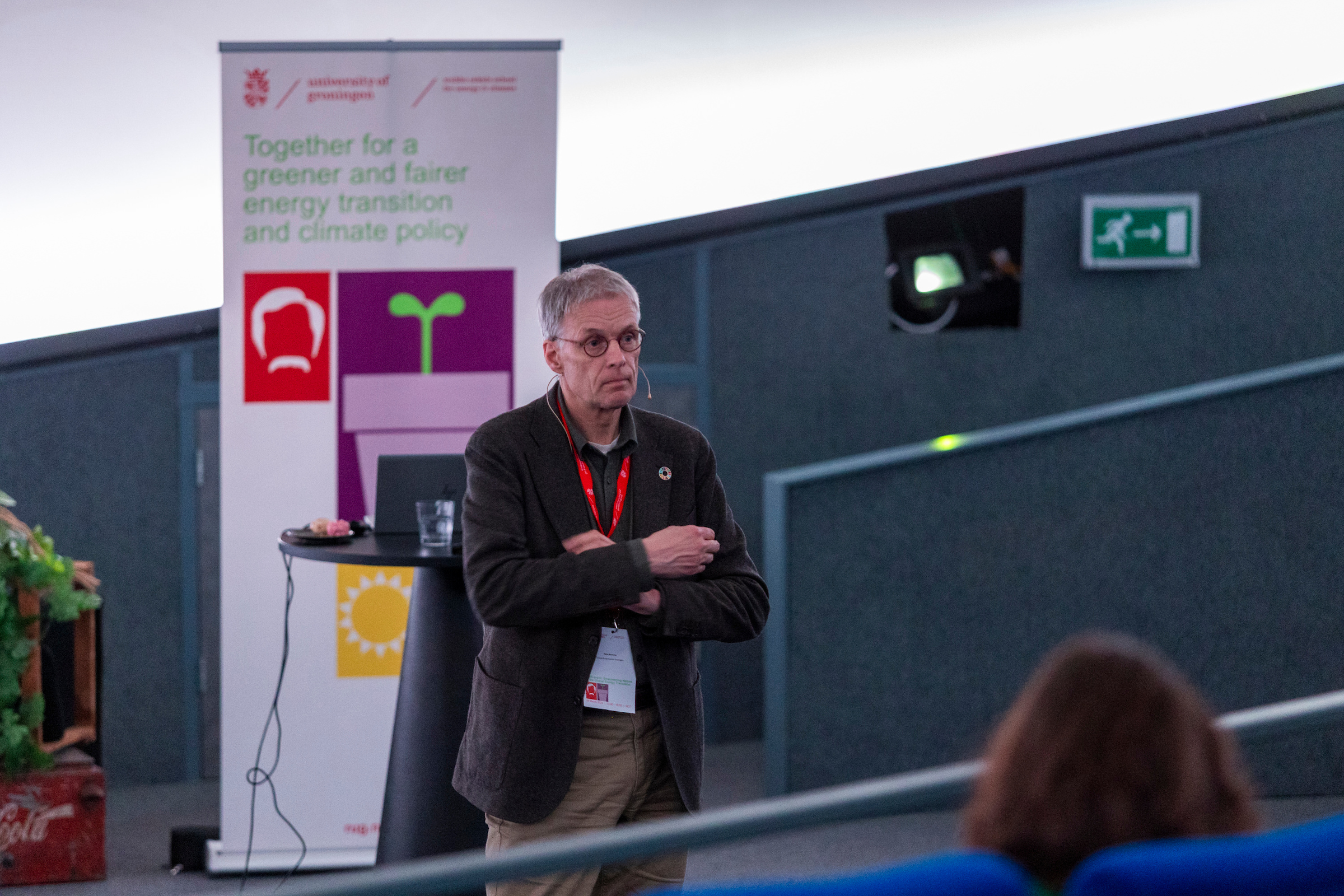
More news
-
15 September 2025
Successful visit to the UG by Rector of Institut Teknologi Bandung

